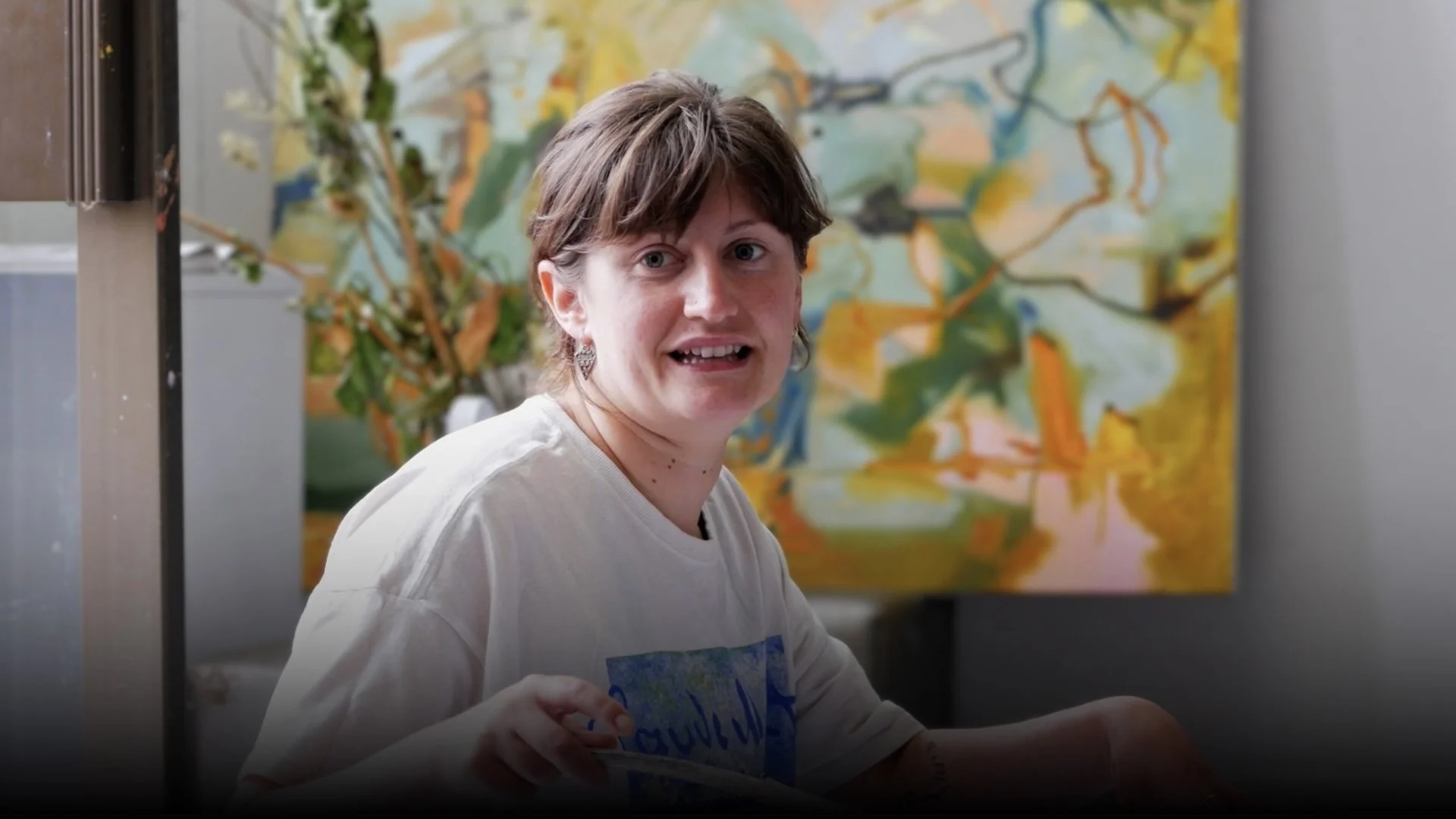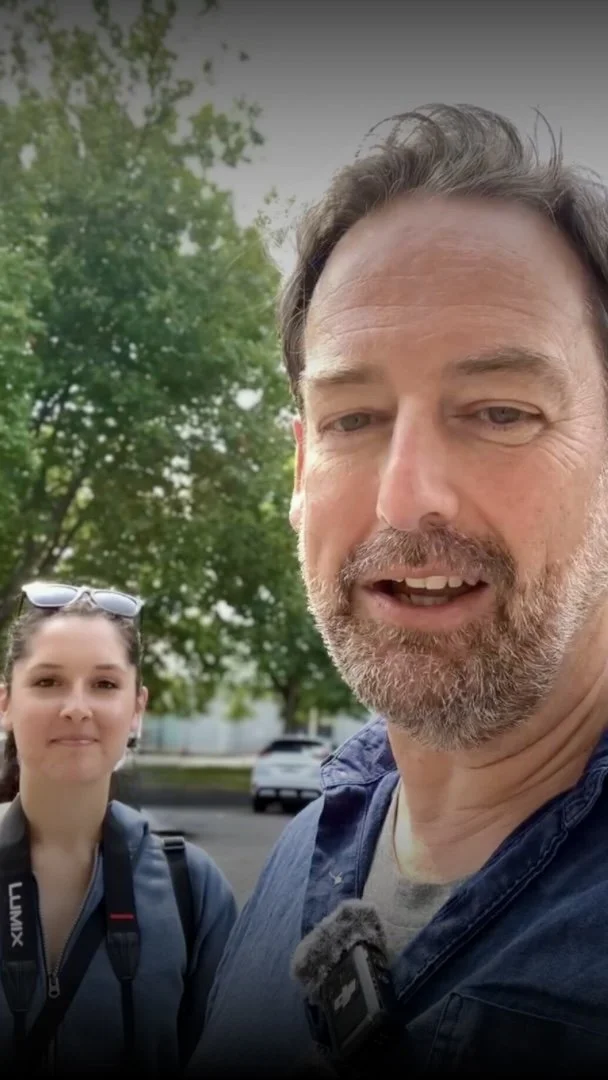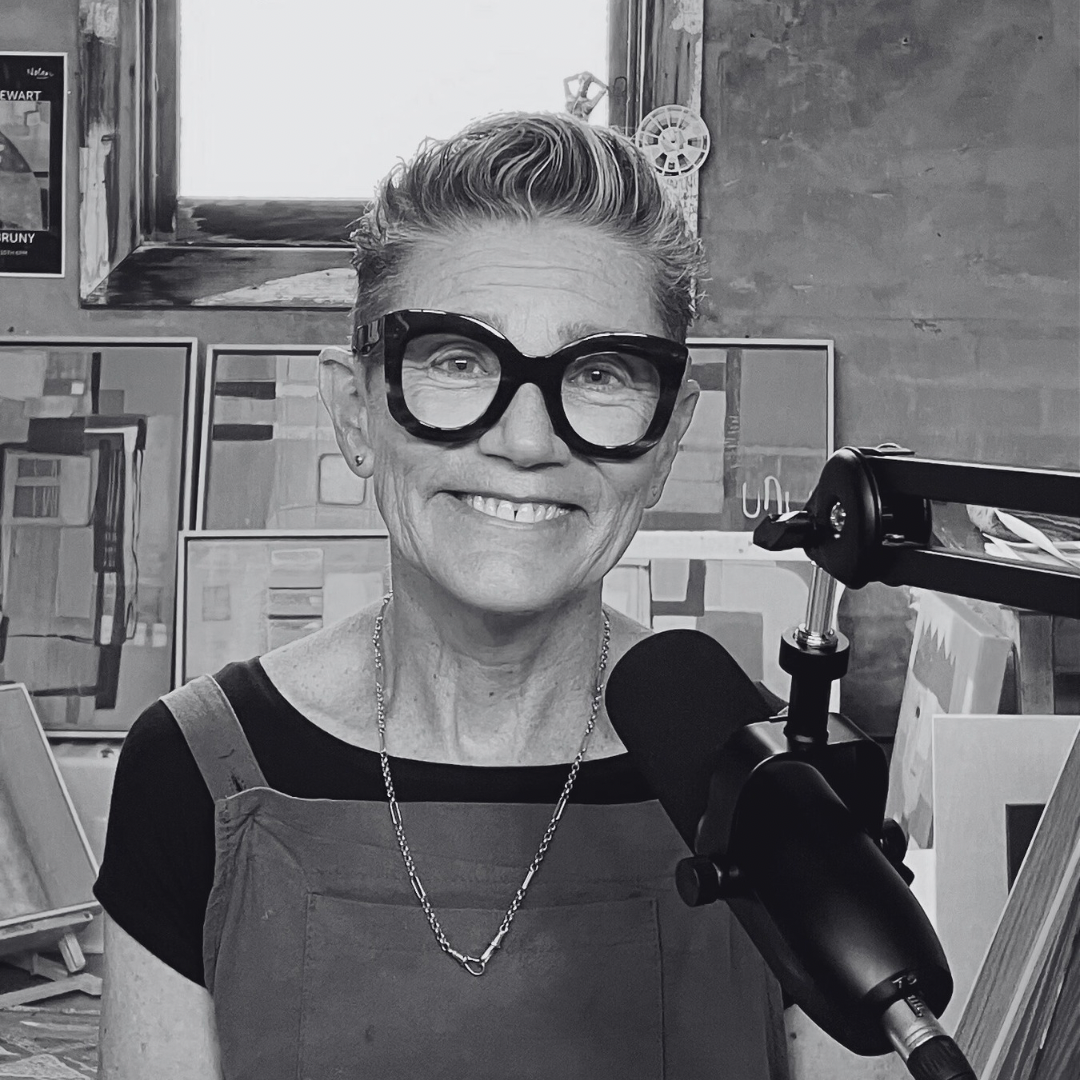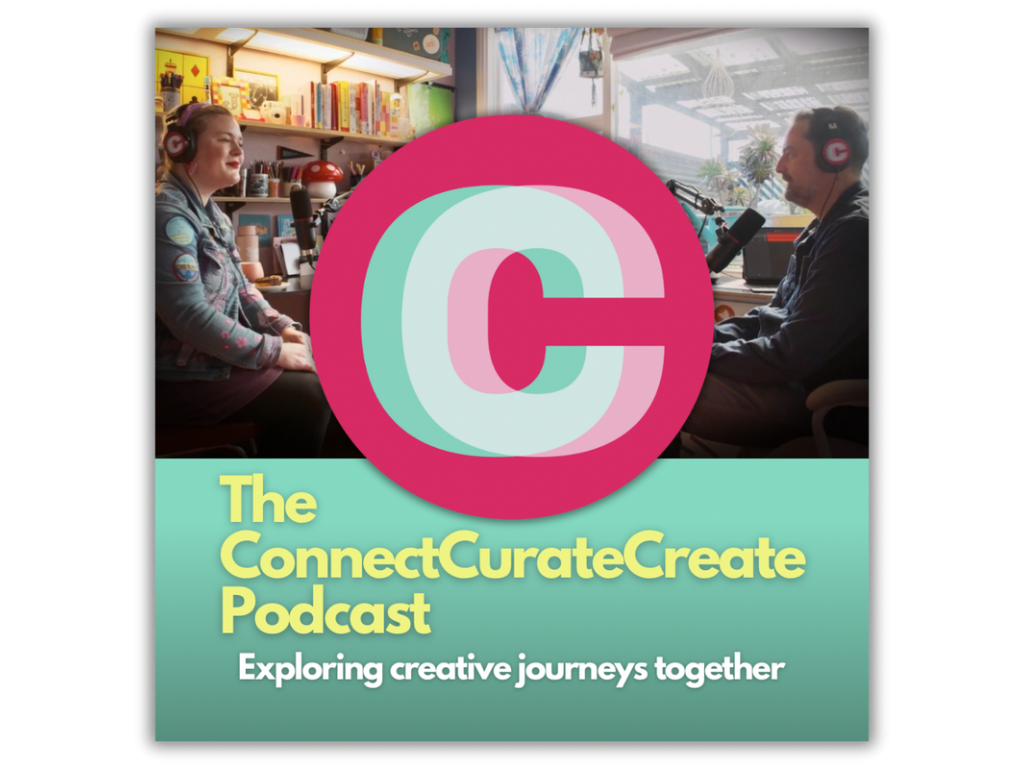
Real stories. Real relationships. Real impact.
Connect Curate Create exists to tell the stories that matter — stories that inspire, connect, and show the world how Tasmania is thriving.
Meet Tim — Our Creative Director
I’m a visual storyteller, director, and interviewer with a background in photography, filmmaking, and two decades of university-based work collaborating with makers, organisations and communities across Australia and the UK.
I founded Connect Curate Create because I believe creative work matters — not just as content, but as culture. After years of seeing just how undervalued and precarious creative work is, I wanted to do something about it — something different.
At CCC, we help makers, artists, local businesses and regional communities tell their stories in a way that feels true and has real impact. Whether I’m working solo or leading a small production team, I bring the same care and curiosity to every StoryLab project.
How we work
A flexible team, a consistent vision
Every CCC film is directed by Tim, but the size and shape of the production depends on your story — and your budget. For smaller projects, Tim can work solo, handling everything from our first meeting to handing over the final edit. But when the scale allows, we bring together trusted local crew — from experienced videographers and editors to production assistants eager to learn the ropes.
This means we can deliver high-quality storytelling no matter the budget, while also creating meaningful opportunities for other Tasmanian creatives. We don’t compete with local filmmakers — we work alongside them, building teams that make space for new voices and experienced operators alike.
With a thoughtful, cinematic approach, we turn your vision into a lasting impression. And along the way, we encourage our clients to support local mates — by sharing connections, lending resources, or collaborating on future projects. Together, we grow businesses, nurture creativity, and strengthen Tasmania’s cultural fabric.
What our collaborators are saying:
Our story (so far)
We launched the CCC podcast in March 2024 — a way to amplify local creative voices and spark conversations about how we live, work, and make things together. Since then, it’s evolved into a creative media practice that makes short films, visual stories and curated content that showcase Tasmania’s creative life — and the Tasmanians behind it.
The podcast hasn’t gone away. In fact, it still shapes how we work. We see podcasting not as marketing, but as a practice of listening — one that continues alongside our film work, especially through the Studio Stories series. When a podcast episode is what’s needs, that’s what we’ll make, using the same collaborative approach as in all our StoryLabs.
So whether you first found us through the podcast, or through one of our films, thank you. We’re still here, still listening — and still telling stories worth remembering.
You can find all of our podcast episodes here or wherever you get your podcasts.
Let’s craft your story
We co-create stories with makers of meaning, art and place just like you.











